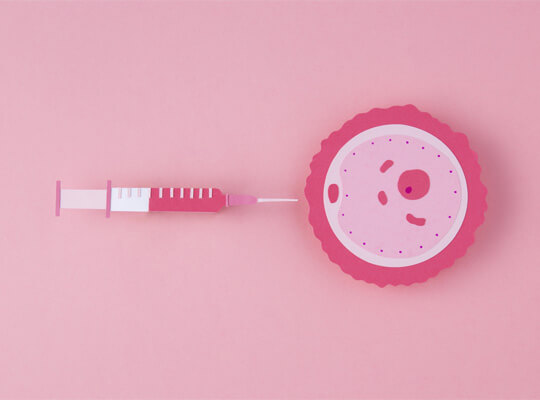Alcoholism
Table of Contents
What is alcoholism?
Alcoholism is called people who are addicted to alcohol.
What qualifies as an alcoholic?
Having more than four drinks on any given day or more than 14 drinks per week for men. Having more than three drinks on any given day or more than seven drinks each week for women.
What is the best definition of alcoholism?
What happens to your body when you have alcoholism?
Along with cancer of the rectum, liver, colon, mouth, throat, esophagus, and breast, chronic diseases and other serious problems such as high blood pressure, heart disease, stroke, liver disease, and digestive problems can develop over time as a result of heavy alcohol consumption.
Does drinking everyday make you an alcoholic?
A few drinks each night is not necessarily a sign that you are in trouble. In reality, there is very little evidence that having one or two drinks will harm your health or hasten the onset of alcoholism.

What is a factor that can lead to alcoholism?
Alcoholism can develop for both internal and environmental reasons. As examples of internal causes, we can say genetics, psychological problems, personality, individual preferences and drinking history. Family, environment, religion, social and cultural standards, age, education level and employment status are examples of exogenous variables.
Which organ does alcohol affect the most?
Heavy alcohol consumption damages the liver and can cause a number of issues and liver inflammations, such as steatosis, or fatty liver.
What alcohol does the brain?
Alcohol can change how the brain works and how it looks. Alcohol impairs the function of the brain regions responsible for balance, memory, speech and judgment, increasing the risk of accidents and other negative consequences.
What is the first thing impaired by alcohol?
The first part of drinking that has an effect is in the brain. Alcohol levels as low as 02 percent can impair judgment and make it difficult for a person to plan or react correctly to one’s immediate environment.
How does alcohol affect the eyes?
Alcohol impairs the eye muscles and can permanently damage the optic nerves, preventing the brain and eyes from communicating with each other. Information transfer between the eye and brain can be slowed, causing double and distorted vision.
What mental illness does alcohol cause?
How does alcohol cause anxiety?
Serotonin and other neurotransmitter levels in the brain are altered by alcohol, which can exacerbate anxiety. In fact, once the alcohol wears off, you can feel even more worried. Anxiety brought on by alcohol might persist for several hours or even the entire day after drinking.
How can i stop drinking?
- Ask for it.
- Find rehabilitation programs that are right for you.
- State clearly what you want. Tell your loved ones that you are considering quitting alcohol and give them a statement.
- Resist the urge, keep your willpower. In the beginning, you need to stay away from situations where you might be tempted to drink.
- Make a new attempt.
- Be proud of yourself.
Is it hard to give up alcohol?
Avoiding alcohol as the brain reorganizes itself is a challenging process that can make it difficult to maintain sobriety. People have a hard time stopping drinking alcohol because without alcohol for a few months, things can feel boring and you may have trouble doing the things you want to do.
What happens to your body when you quit drinking?
The onset of withdrawal symptoms, which may include insomnia, vomiting, excessive sweating, restlessness, and anxiety. Ongoing withdrawal symptoms. A craving for alcohol, low energy, and moodiness or melancholy, a state of irritability are all typical. Sleep disturbances are likely.
How does it feel to give up alcohol?
Some symptoms, such as altered sleep patterns, fatigue, and mood swings, can last for weeks or even months. However, you will feel better and rested five to seven days after you stop drinking.
For More Information
Please do not hesitate to contact us for more information on the subject.



